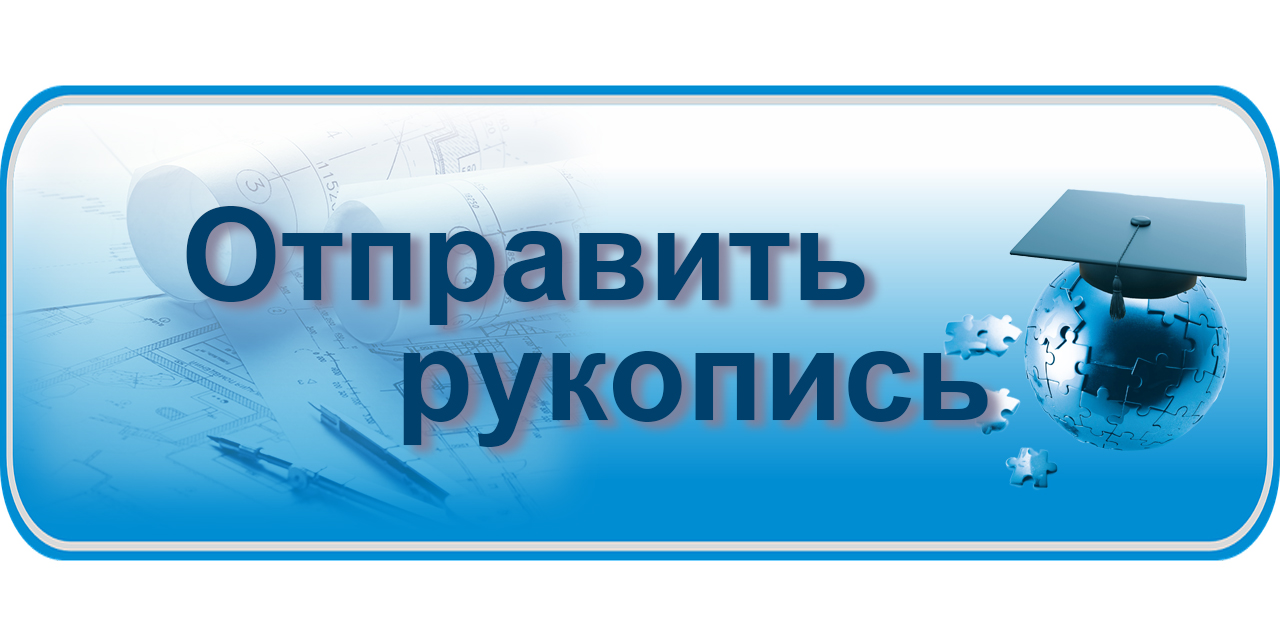УДК 338.46 : 371.2 DOI: 10.15507/Inted.080.019.201503.059
ЭКОНОМИКА ОБРАЗОВАТЕЛЬНОГО ПРОЦЕССА:
ОСНОВНЫЕ ПАРАМЕТРЫ И РЕЗУЛЬТАТЫ МОДЕЛИРОВАНИЯ
Королев Евгений Валерьевич
(проректор Национального исследовательского Московского государственного строительного университета (Россия, г. Москва, Ярославское шоссе, д. 26), директор научно-образовательного центра «Наноматериалы и нанотехнологии», доктор технических наук, профессор, советник РААСН, Этот адрес электронной почты защищён от спам-ботов. У вас должен быть включен JavaScript для просмотра.)
Рассмотрены особенности организации образовательной деятельности в современных условиях перехода системы образования на технологию оказания образовательной услуги. Показано, что при планировании и организации образовательного процесса ключевым является анализ технико-экономической эффективности основных профессиональных образовательных программ (ОПОП). Приведен перечень показателей, достаточных для оценки эффективности ОПОП, выявлены доминирующие факторы и оптимальные параметры, обеспечивающие экономическую эффективность образовательного процесса. Предложена зависимость, устанавливающая взаимосвязь величин, количественные значения которых определены в нормативных документах Министерства образования и науки Российской Федерации, а именно: соотношение «преподаватель − обучающийся», требуемый уровень заработной платы профессорско-преподавательского состава (ППС) и объема средств, направляемых на выплату заработной платы ППС. Показано, что обеспеченность заработной платы ППС (доля в общем объеме заработной платы) средствами, в объемах, указанных в приказах Министерства образования и науки Российской Федерации, не превышает 70 %. В этой связи подчеркнута необходимость реализации в образовательных организациях кадровой политики на основе внедрения эффективного контракта, направленной на стимулирование вовлечения ППС в дополнительные виды оплачиваемых работ. Предложена методика расчета объема учебной работы при реализации ОПОП, основанная на вычислении ее объема исходя из трудоемкости дисциплины. Обосновано, что ключевыми факторами, влияющими на экономическую эффективность образовательного процесса при реализации ОПОП, являются (в порядке весомости) трудоемкость дисциплины; количество обучающихся, осваивающих ОПОП; соотношение между видами учебной работы (лекции, практические занятия, лабораторные работы); наличие поддержки образовательного процесса в электронно-информационной образовательной среде. По результатам моделирования установлено, что на современном этапе оптимальными параметрами образовательного процесса являются объем дисциплины − не менее 5 зачетных единиц; количество обучающихся на одном курсе, осваивающих ОПОП, − не менее 200 чел.; доля поддержки обучения в электронно-информационной образовательной среде − не менее 20 %, а также строго обоснованный объем лабораторных работ.
Ключевые слова: образовательная услуга; образовательный процесс; основная профессиональная образовательная программа (ОПОП); объем дисциплины; расчет учебной нагрузки; ФГОС ВО; эффективность образовательного процесса; электронное обучение
Для цитирования: Королев, Е. В. Экономика образовательного процесса: основные параметры и результаты моделирования / Е. В. Королев // Интеграция образования. – 2015. – Т. 19, № 3. – С. 59–69. DOI: 10.15507/Inted.080.019.201503.059
EDUCATIONAL PROCESS ECONOMY: MAIN PARAMETERS AND RESULTS OF MODELING
Korolev Evgeniy Valeryevich
(vice rector, Moscow State University of Civil Engineering (National Research University) (26, Yaroslavskoe shosse, Moscow, Russia), director, Russian Academy of Architectural and Building Sciences (RAAC S), Doctor of technical sciences, professor, adviser, Этот адрес электронной почты защищён от спам-ботов. У вас должен быть включен JavaScript для просмотра.)
The author considers the peculiarities of educational activity organization under the conditions of transition of the educational system to the technology of educational services. The technical and economical efficiency of the main professional educational programs (MPEP) is gaining special importance both during design process of the main professional educational program and on its implementation stage. The author proposes a list of indexes sufficient for estimation of MPEP efficiency, the dominating factors and determination of optimal parameters, which provide economical efficiency of the educational process. The author suggests interconnection of the values the quantitative meanings of which are determined in normative documents of the Ministry of Education and Science of the Russian Federation, including: the correlation teacher – student, the required salary for the academic staff (AS) and amount of finance allocated for the AS salary. It is shown that the provision of the AS with salary (a share in the whole volume of salary) in the volumes determined by the decrees of the Ministry of Education and Science of the Russian Federation doesn’t exceed 70 %. In this regard the importance of the personnel policy implementation in educational organizations is underlined based on efficient contract implementation. It is aimed to encourage the academic staff to adopt additional types of paid work. The author also offers a calculation method for estimation of training activity volume during MPEP implementation, which considers the complexity of the discipline in the process of calculation of its volume. It was shown that there are such key factors which influence the economic efficiency of the educational process at MPEP implementation (given in descending order of priority: complexity of the discipline; number of students learning MPEP; correlation between training activity types (lectures, practical classes, laboratory researches); availability of educational support in electronic-informational educational environment. As a result of modeling it was affirmed that at the present stage the optimal parameters of the educational process are: the discipline volume — not less than 5 credits; the number of students of one year learning MPEP — not less than 200; share of training in an electronic education environment — not less than 20 %, and strictly justified amount of laboratory researches.
Keywords: educational service; educational process; main professional educational program (MPEP); discipline volume; academic load calculation; Federal State Education Standards of the Higher Education; educational process efficiency; e-learning.
For citation: Korolev E. V. Ekonomika obrazovatelnogo processa: osnovnyye parametry i rezultaty modelirovaniya [Educational process economy: main parameters and results of modeling]. Integraciya obrazovaniya = Integration of Education. 2015, vol. 19, no. 3, pp. 59–69. DOI: 10.15507/Inted.080.019.201503.059
Скачать статью в pdf (To download article).

Материалы журнала доступны по лицензии Creative Commons «Attribution» («Атрибуция») 4.0 Всемирная.









 Шаблон статьи
Шаблон статьи



















